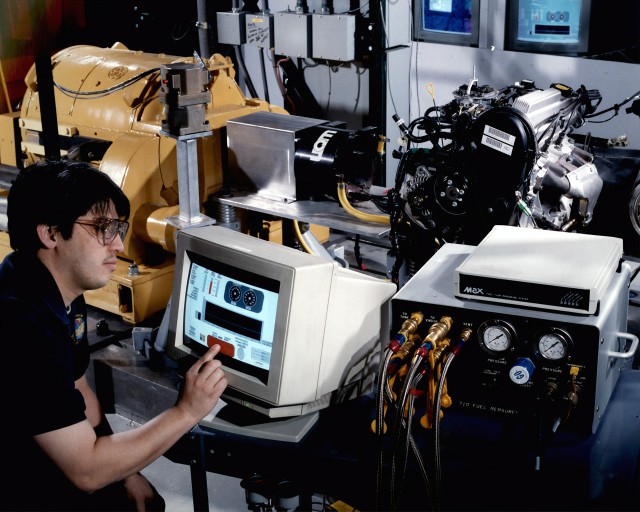The Department of Science and Technology (DST) under the Government of India has presented the draft of new Science, Technology, and Innovation Policy (STIP) 2020. The department says that the draft policy has been prepared to bring to an effect’ profound changes’ through short-, medium-, and long-term mission modes. The draft policy also focuses on ‘promoting traditional knowledge systems, developing indigenous technologies, and encouraging grassroots innovations’ particularly in the post-COVID world.
This policy hopes to develop and nurture an evidence-based and stakeholder-driven policy research in India. One of the most important aspects of this policy is the government’s push for building an Open Science Framework for access to a large repository of scientific data, knowledge and resources to all stakeholders of the Indian STI (Science, Technology, and Innovation) ecosystem on an equal partnership basis.
Open Science Framework will be built to provide open access to scientific data, information, knowledge, and resources to stakeholders in the Indian STI ecosystem on an equal partnership basis.
What Will Open Science Framework Facilitate?
The DST says that an all-encompassing Open Science Framework will be built under the STIP 2020. Under this framework, all the data used in and generated from publicly funded research will be made available to all under the FAIR (findable, accessible, interoperable, and reusable) terms.
Setting up of Indian Science and Technology Archive of Research (INDSTA) is also projected. INDSTA will be a dedicated portal for providing the full-text of final manuscripts of research papers, supplementary information, research protocols, review articles, conference proceedings, monographs prepared by public funding.
INDSTA will be an open-access portal with state-of-art facilities such as storage and other features for flexible data mining, querying, and visualisation. It will also facilitate interaction between researchers and users.
A central repository for all data related to the STI ecosystem and more will be made available through the National STI Observatory. The different verticals under this observatory will help in achieving the following objectives:
- Establishing knowledge sharing and data banks
- Setting up a computational grid
- Establishing a communication and interaction platform for the exchange of ideas
- Establishing ranking and rating, accreditation, and evaluation benchmarks
DST also plans to roll out One Nation, One Subscription. The government will negotiate with the journal publishers to give journal articles access against a centrally negotiated payment. If this comes to force, there will be no need for individual, institutional journal subscriptions.
Other Provisions Under Draft STIP
Apart from Open Data Framework, the new STIP draft policy aims to introduce the following initiatives:
- Providing inclusive science and technology education interspersed with the economy and societal studies, at all education levels. Partner universities will promote community-based interdisciplinary research. Further, the government will set up Higher Education Research Centres (HERC) and Collaborative Research Centres (CRC).
- The policy will also emphasise strengthening the overall innovation ecosystem, enabling entrepreneurship, and improving participation of grassroot levels in research. A separate institutional architecture for preserving and integrating Traditional Knowledge Systems (TKS) in conventional education will be established. Further, AI and machine learning-based advanced tools will be developed to preserve and maintain traditional knowledge.
- An STI Policy Institute will also be established for building and maintaining an interoperable STI metadata architecture.
Wrapping Up
Innovative scientific research has a vital role in addressing some of the world’s pressing challenges. The outcome and speed of the research are greatly enhanced by fostering collaboration between researchers and communities.
Hence, DST’s decision to adopt an open-access approach to publicly funded research is a good step for better innovation. Additionally, such a framework will enforce open scientific inquiry, bring transparency, promote new research areas, and even encourage exploration of topics not seen by the initial researchers.




















































































